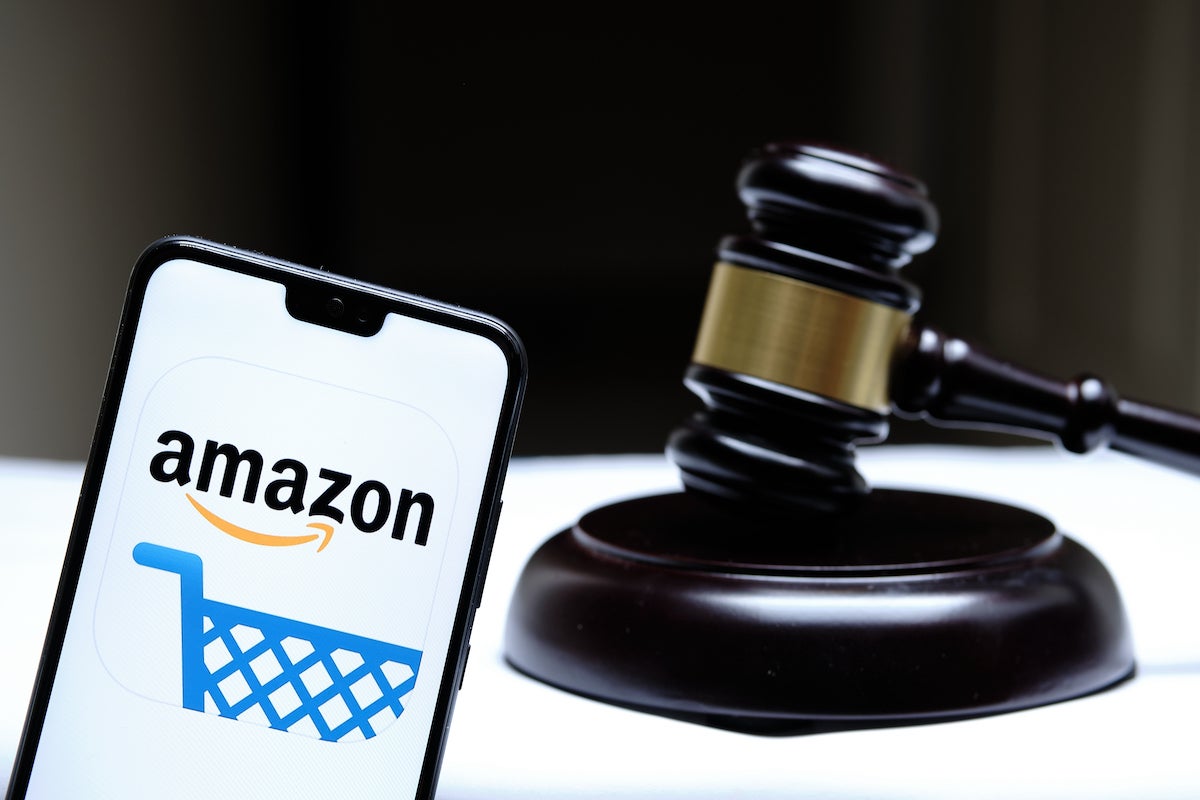The FTC’s latest antitrust lawsuit accuses Amazon of using a web of anticompetitive strategies to maintain a monopoly, cut potential rivals off at the knees and generally make the market less friendly to consumers, but the process of getting a result will be complicated.
The complaint asks the court for “structural relief,” which could entail court-ordered restructuring of the company that would break parts of its business into separate entities. The suit is one of several of its kind in the news in recent weeks, taking its place alongside two different antitrust cases filed by the Department of Justice against Google, the first of which is currently being tried in federal district court in D.C.
Key to the suit is Amazon’s habit of increasing fees for sellers on its vast online marketplace. The FTC argues that this forces vendors to raise their prices. Furthermore, Amazon’s alleged policy of penalizing – and sometimes simply removing – vendors who sell goods at a lower price on other platforms is another highly anticompetitive policy.
FTC head Lina Khan is a long-standing Amazon critic, who wrote a highly regarded analysis of the company’s competitive profile while still at Yale Law School. Her tenure at the FTC has been marked by aggressive challenges to major tech companies, moving to block Microsoft’s acquisition of Activision Blizzard, suing to halt Meta’s buyout of virtual reality company Within Unlimited, and filing several lawsuits against Amazon.
FTC’s antitrust lawsuits yield mixed results
Those actions, however, have yielded mixed results. The FTC lost the Meta lawsuit, and ended up settling earlier suits over data privacy issues — involving Amazon’s Ring security camera business and the Alexa devices — for around $30 million. A separate lawsuit against Amazon involving the company’s alleged practice of “duping” consumers to sign up for its Prime service and then hindering them from canceling the subscription is still to be set for trial.
Meanwhile, efforts to block the Activision buyout continue. Earlier this year, after the US District Court for the Northern District of California rejected the FTC’s lawsuit requesting an injunction to stop the merger, the agency filed an appeal, which is still pending. Last week, the FTC reinstated its own administrative proceedings to stop the merger, essentially an in-house trial, which had temporarily been put on hold when it appealed the injunction.
FTC chief Khan’s new approach to antitrust
Khan’s approach to her regulatory role has been characterized by a lack of fear over courtroom losses, and a willingness to use novel legal arguments in an attempt to rein in enormously powerful tech companies.
Whereas traditional antitrust cases focused on specific actions that have direct links to consumer harm — for example, certain business practices that raise prices for consumers — Khan has argued that regulators should look at the totality of a…
2023-10-02 11:24:03
Original from www.computerworld.com
